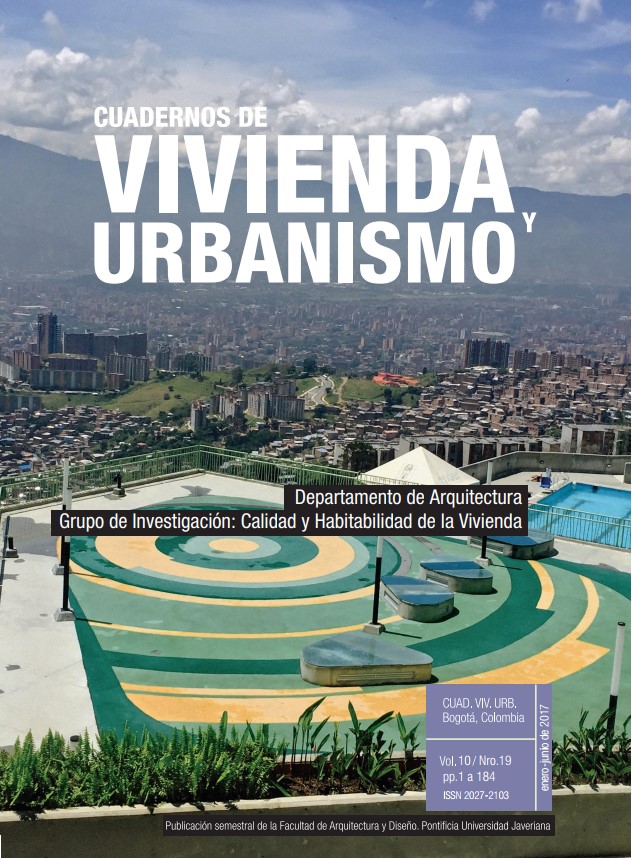Abstract
The objective of this paper is to analyze how the Mexican State, from the beginning of the 1990s until the middle of 2016, has applied the bases of the neoliberal model by means of reforms in housing policies aimed at privatizing rural-urban lands. In order to carry out this implementation, the State abandons its active-controller role in the building of social interest housing and transfers this commitment to the real estate developers and the construction industry. This article uses the theoretical and conceptual approach called neoliberal model to explain the reasons why the State implements a neoliberal policy in favor of real estate capitals and to what extent the State has operated as an intermediary, based on extra-economic coercion or land/spaces expropriation -expulsion- and occupation to ensure the profitability of real estate capital. We conclude that the effect of this neoliberal model has not been fulfilled by real estate developers, since they have not offered houses that meet the minimum habitable requirements (they use very poor quality materials and their constructions do not exceed 60 m2). Additionally, most of these housing complexes lack shopping malls, schools, cultural centers, and entertainment venues, making them large dormitories, isolated from the city.
This journal is registered under a Creative Commons Attribution 4.0 International Public License. Thus, this work may be reproduced, distributed, and publicly shared in digital format, as long as the names of the authors and Pontificia Universidad Javeriana are acknowledged. Others are allowed to quote, adapt, transform, auto-archive, republish, and create based on this material, for any purpose (even commercial ones), provided the authorship is duly acknowledged, a link to the original work is provided, and it is specified if changes have been made. Pontificia Universidad Javeriana does not hold the rights of published works and the authors are solely responsible for the contents of their works; they keep the moral, intellectual, privacy, and publicity rights.
Approving the intervention of the work (review, copy-editing, translation, layout) and the following outreach, are granted through an use license and not through an assignment of rights. This means the journal and Pontificia Universidad Javeriana cannot be held responsible for any ethical malpractice by the authors. As a consequence of the protection granted by the use license, the journal is not required to publish recantations or modify information already published, unless the errata stems from the editorial management process. Publishing contents in this journal does not generate royalties for contributors.


